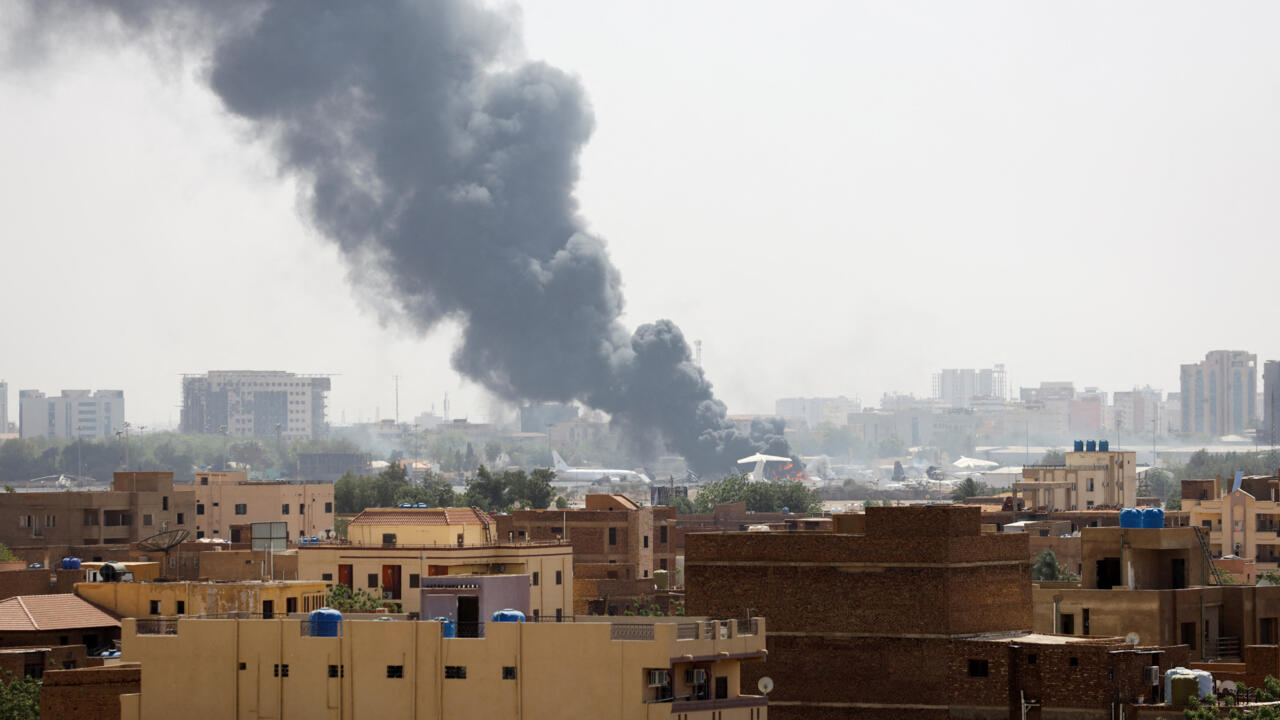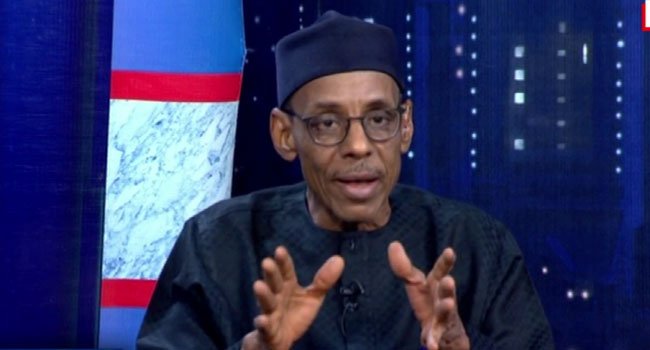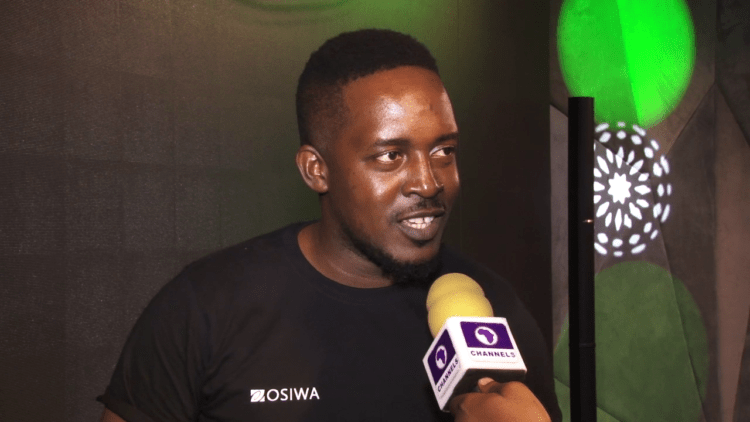Attack on a US diplomatic convoy in Sudan results in a Blinken warning
A U.S. Embassy convoy was attacked in Sudan, according to Washington’s top ambassador, who also condemned “indiscriminate military operations” as the nation’s armed forces and a potent adversary continued to use heavy weapons in populated areas.
U.S. Secretary of State Antony Blinken told reporters that the attack on the convoy of prominently marked embassy vehicles on Monday was connected by early indications to the Rapid Support Forces, the paramilitary organization battling Sudan’s military.
Blinken reported that everyone in the convoy was secure. The attack on the convoy in Khartoum, along with other attacks on humanitarian workers and the residence of the EU envoy in the capital of Sudan, signified a further escalation of disorder since the weekend conflict between two opposing generals for control of Africa’s third-largest nation.
According to U.N. numbers, which did not differentiate between civilians and fighters, more than 185 people have died and more than 1,800 have been injured. According to the Sudan Doctors’ Syndicate, since Saturday, at least 144 civilians have died and more than 1,400 have been injured.
Conflict in Khartoum has made it difficult to remove some dead, which could result in a substantially higher overall death toll. Tanks, artillery, and other heavy weaponry have been used by the two sides in highly populated regions.
The RSF blamed the military and disclaimed any role in the assault on the ambassador’s residence. A Western envoy in Cairo, however, said that armed men wearing RSF insignia ransacked the house. The diplomat, who spoke on the condition of anonymity because he was not authorized to speak to the media, claimed that no one was wounded but that the armed men seized many goods.
Burhan and Dagalo recently reached a framework deal with political parties and pro-democracy organizations in response to international pressure, but the signature was frequently postponed as tensions grew over the RSF’s integration into the armed forces and the future line of command.
Both generals have a long history of violating human rights, and their armies have repressed pro-democracy protesters.
Sudan sparked hope only four years ago after a populist revolt assisted in the overthrow of longtime dictatorial leader Omar al-Bashir.
However, the subsequent unrest, particularly the coup of 2021, has undermined the democratic movement and destroyed the economy. In the resource-rich country, a third of the population, or almost 16 million people, now depend on humanitarian aid.
(AP)


